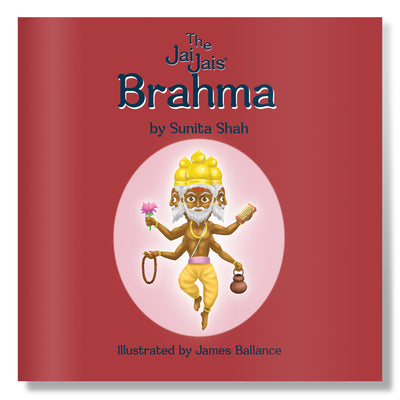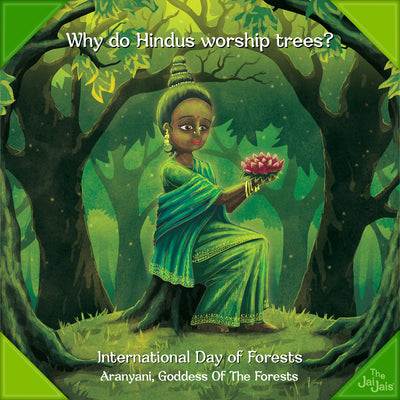Agni in Sanskrit means “Fire”. Agni is the fire god of Hinduism. He is regarded as the friend and protector of humanity, and is know to safe guard our homes. Agni knows the thoughts of all people, and is a witness to all important actions, hence the ceremonial fire during Hindu weddings. He has been referred to in the Mahabharata as the “purifier”. He is also mentioned many times in the Regveda, almost every mandala of the Rigveda starts with a hymn to Agni. His importance is evident from the fact that Agni Purana is named after him. The Upanishads describe Atman or soul as a flame of the size of a thumb. He is shown as a red man with three legs and seven arms with dark eyes, with flaming hair riding a ram.
According to tradition Agni has ten forms, of these the first 5 are his material or natural forms and the next 5 his ritual forms.
- The ordinary fire
- Lightning
- The sun
- The digestive fire (jatharaagni)
- Destructive Fire (forest fire, fire that is going to consume the worlds at the end of creation and so on)
- Fire produced using sticks for the purpose of sacrificial ritual.
- Fire given to a student at the time of his initiation (upanayana) ceremony
- The fire kept in the house for domestic rituals.
- The southern fire of the ancestors used in certain rituals.
- The funeral fire used in the cremation rituals.
Agni represents the spark of life and energy within all people. As that spark, Agni is present in all living things.












